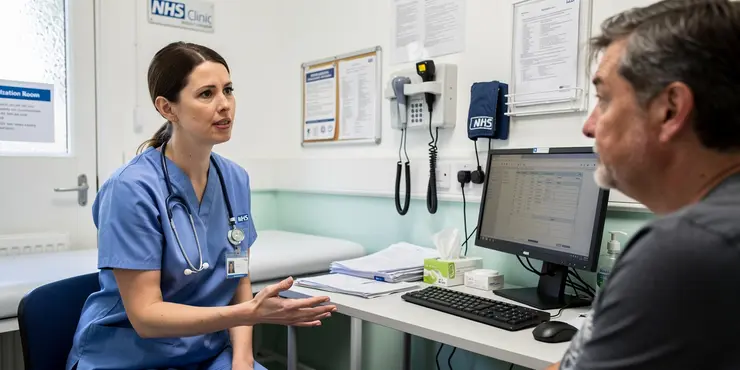
Find Help
More Items From Ergsy search
-
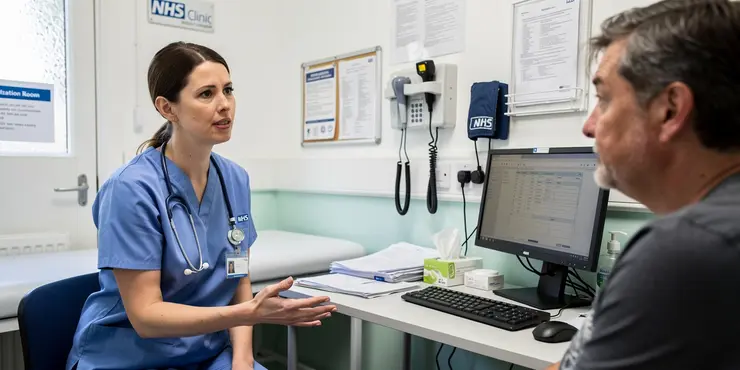
Are there modern outbreaks of bubonic plague?
Relevance: 100%
-

What is Bubonic Plague?
Relevance: 95%
-

What is the bubonic plague?
Relevance: 94%
-
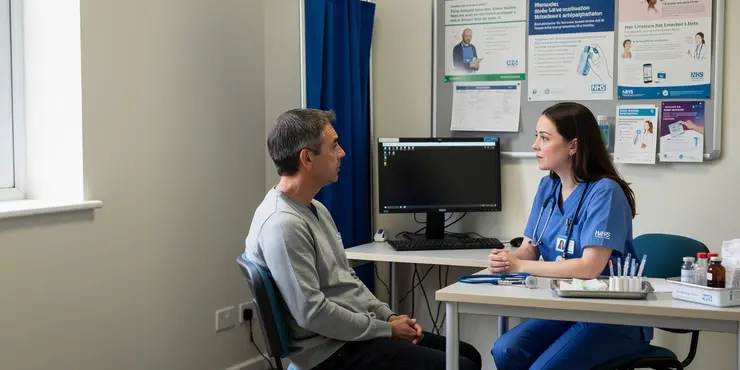
Are there vaccines for the bubonic plague?
Relevance: 89%
-

Is the bubonic plague contagious between humans?
Relevance: 88%
-

Can the bubonic plague be prevented?
Relevance: 88%
-

How is the bubonic plague transmitted?
Relevance: 88%
-

What is the mortality rate of untreated bubonic plague?
Relevance: 83%
-

Did the bubonic plague affect only Europe?
Relevance: 80%
-
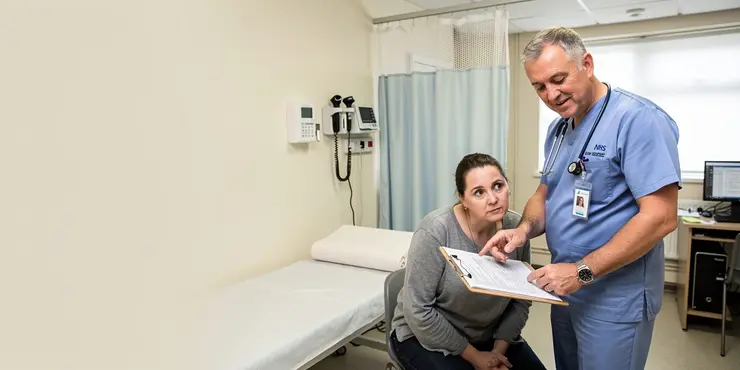
What are the symptoms of the bubonic plague?
Relevance: 79%
-

What advancements have been made in understanding the bubonic plague?
Relevance: 79%
-

Where did the bubonic plague originate?
Relevance: 79%
-

What historical event is the bubonic plague known for?
Relevance: 79%
-

How was the bubonic plague controlled historically?
Relevance: 78%
-

Can the bubonic plague become resistant to antibiotics?
Relevance: 77%
-

How can the bubonic plague be treated?
Relevance: 77%
-
What animals are natural carriers of the bubonic plague?
Relevance: 53%
-

What public health measures are important for managing the plague?
Relevance: 43%
-

What is a bubo?
Relevance: 38%
-

Is the bubonic plague still a global health threat?
Relevance: 28%
-

Are measles outbreaks common in the UK?
Relevance: 28%
-

Where do Chikungunya outbreaks typically occur?
Relevance: 26%
-

What triggers a cold sore outbreak?
Relevance: 26%
-

Can Nipah Virus cause outbreaks?
Relevance: 25%
-

Why are measles outbreaks still occurring?
Relevance: 25%
-
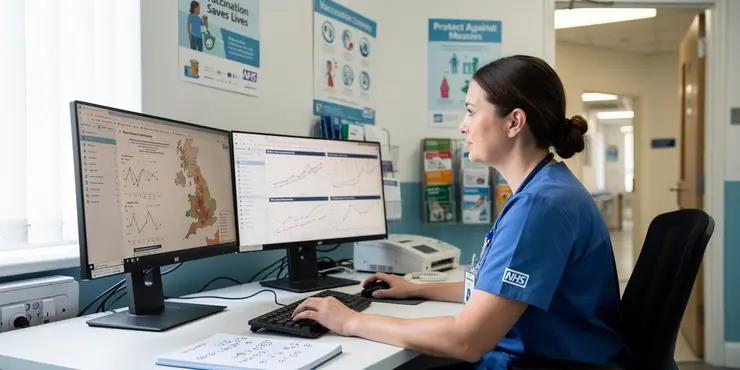
How does the UK monitor measles outbreaks?
Relevance: 25%
-

How can measles outbreaks be prevented?
Relevance: 25%
-

How is Nipah Virus controlled during outbreaks?
Relevance: 25%
-

What regions are most at risk for Nipah Virus outbreaks?
Relevance: 24%
-

Has Marburg virus caused any major outbreaks?
Relevance: 24%
-

Are there any countries at higher risk for Marburg virus outbreaks?
Relevance: 24%
-

How do health authorities confirm a Marburg virus outbreak?
Relevance: 24%
-
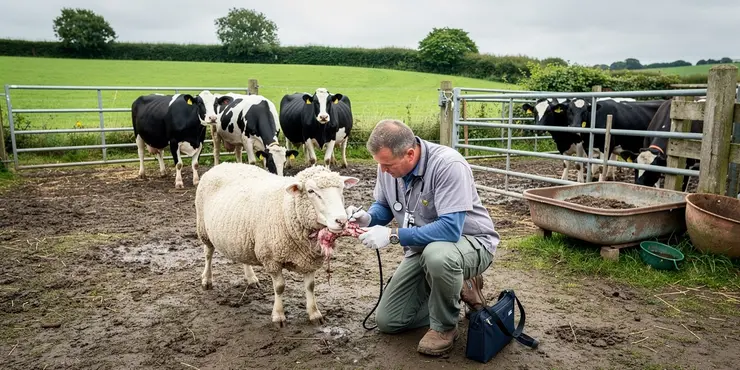
What measures are taken during a screw worm outbreak?
Relevance: 24%
-

How does the bacteria Yersinia pestis survive between outbreaks?
Relevance: 24%
-
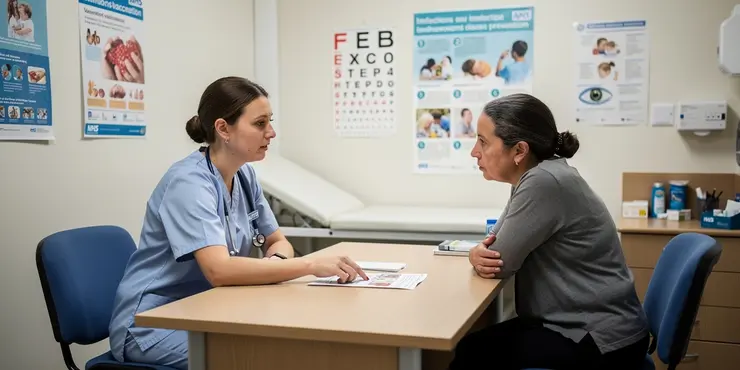
What should you do during a measles outbreak?
Relevance: 23%
-
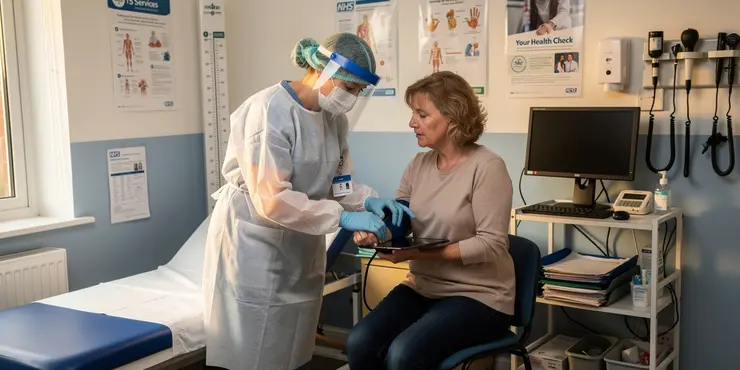
What measures are being taken to control Marburg virus outbreaks?
Relevance: 23%
-

Why are Nipah Virus outbreaks considered a public health concern?
Relevance: 23%
-

Navigating Child Custody and Visitation Rights in Modern UK
Relevance: 21%
-

Are there any Zika virus outbreaks currently?
Relevance: 19%
-

What foods are commonly associated with E. coli outbreaks?
Relevance: 18%
Introduction to Bubonic Plague
Bubonic plague, often associated with the Black Death of the 14th century, is a disease caused by the bacterium Yersinia pestis. It primarily spreads through the bites of infected fleas that live on small mammals. Although it once decimated Europe's population, modern outbreaks still occur, albeit on a smaller scale. This article examines the current status of bubonic plague and its relevance in today's world.
Current Geographic Distribution
Today, bubonic plague is endemic in rural areas of Africa, Asia, and the Americas. Countries such as Madagascar, the Democratic Republic of the Congo, and Peru report most of the world's cases. The disease typically occurs in isolated outbreaks in these regions, often under conditions where people live in close proximity to wild rodent populations. Despite previous containment efforts, the disease remains a public health challenge in these areas.
Modern Incidences
Recent outbreaks have been reported in Madagascar, which continues to experience seasonal cases between September and April. In 2017, Madagascar witnessed an outbreak with more than 2,000 reported cases, including both bubonic and pneumonic plague. Such occurrences highlight the need for ongoing vigilance and improved public health responses to prevent further spread.
Treatment and Prevention
In contrast to the medieval pandemics, modern medicine can effectively treat bubonic plague with antibiotics, provided timely administration. Early diagnosis and treatment are crucial for reducing mortality rates. Public health measures, including pest control and improved sanitation, play vital roles in preventing outbreaks. Education campaigns aimed at communities in endemic areas focus on reducing human contact with infected animals and fleas, thus mitigating the risk.
Plague Risk in the UK
For the UK and other non-endemic areas, the risk of a bubonic plague outbreak is extremely low due to a lack of suitable ecosystems and vigilance in monitoring and controlling the disease. The last significant reported case in the UK was several centuries ago, and modern sanitary conditions further decrease any potential risk. Nonetheless, global health surveillance is important to preclude international spread via travel.
Conclusion
While bubonic plague is no longer the global threat it once was, it remains a concern in certain parts of the world. Continued efforts in surveillance, treatment, and education are essential to manage and prevent modern outbreaks. Although the possibility of a plague outbreak in the UK is minimal, understanding the global context and supporting international health efforts remain important for safeguarding public health.
What is Bubonic Plague?
The bubonic plague is a disease caused by germs called Yersinia pestis. It is often known for the Black Death in the 1300s. This disease spreads when fleas that live on small animals bite people. Long ago, it killed many people in Europe. Today, it still happens, but not as bad. Let’s learn more about it now.
Where is Bubonic Plague Found Today?
Today, bubonic plague happens mostly in rural places. These are areas in Africa, Asia, and the Americas. Most cases are in countries like Madagascar, the Democratic Republic of the Congo, and Peru. It appears when people live near wild rats. Even though people try to stop it, it is still a problem in some places.
Recent Outbreaks
Madagascar has had recent outbreaks. From September to April, they see cases every year. In 2017, they had over 2,000 cases. This shows how important it is to keep watch and improve health responses to stop the spread.
How to Treat and Prevent It
Today, doctors use antibiotics to help people get better from bubonic plague. It's very important to start treatment quickly to help sick people. To stop the disease, people need to control pests like fleas, keep places clean, and stay away from wild animals. Learning about these things can help keep everyone safe.
Is There a Risk in the UK?
In the UK, the risk of bubonic plague is very low. This is because the UK doesn’t have the right conditions for it, and health checks are very good. A serious case in the UK hasn't happened for hundreds of years. Clean and healthy living keeps the risk even lower. But it’s still important to watch for travel cases.
Wrapping Up
Bubonic plague is not a huge threat globally like it was before. But it is still a worry in some places. Watching for it, treating it quickly, and telling people how to stay safe are important. In the UK, the chance of bubonic plague is very small, but helping people understand it around the world is important for health.
Frequently Asked Questions
Useful Links
This website offers general information and is not a substitute for professional advice.
Always seek guidance from qualified professionals.
If you have any medical concerns or need urgent help, contact a healthcare professional or emergency services immediately.
Some of this content was generated with AI assistance. We’ve done our best to keep it accurate, helpful, and human-friendly.
- Ergsy carfully checks the information in the videos we provide here.
- Videos shown by Youtube after a video has completed, have NOT been reviewed by ERGSY.
- To view, click the arrow in centre of video.
- Most of the videos you find here will have subtitles and/or closed captions available.
- You may need to turn these on, and choose your preferred language.
- Go to the video you'd like to watch.
- If closed captions (CC) are available, settings will be visible on the bottom right of the video player.
- To turn on Captions, click settings .
- To turn off Captions, click settings again.
More Items From Ergsy search
-

Are there modern outbreaks of bubonic plague?
Relevance: 100%
-

What is Bubonic Plague?
Relevance: 95%
-

What is the bubonic plague?
Relevance: 94%
-

Are there vaccines for the bubonic plague?
Relevance: 89%
-

Is the bubonic plague contagious between humans?
Relevance: 88%
-

Can the bubonic plague be prevented?
Relevance: 88%
-

How is the bubonic plague transmitted?
Relevance: 88%
-

What is the mortality rate of untreated bubonic plague?
Relevance: 83%
-

Did the bubonic plague affect only Europe?
Relevance: 80%
-

What are the symptoms of the bubonic plague?
Relevance: 79%
-

What advancements have been made in understanding the bubonic plague?
Relevance: 79%
-

Where did the bubonic plague originate?
Relevance: 79%
-

What historical event is the bubonic plague known for?
Relevance: 79%
-

How was the bubonic plague controlled historically?
Relevance: 78%
-

Can the bubonic plague become resistant to antibiotics?
Relevance: 77%
-

How can the bubonic plague be treated?
Relevance: 77%
-
What animals are natural carriers of the bubonic plague?
Relevance: 53%
-

What public health measures are important for managing the plague?
Relevance: 43%
-

What is a bubo?
Relevance: 38%
-

Is the bubonic plague still a global health threat?
Relevance: 28%
-

Are measles outbreaks common in the UK?
Relevance: 28%
-

Where do Chikungunya outbreaks typically occur?
Relevance: 26%
-

What triggers a cold sore outbreak?
Relevance: 26%
-

Can Nipah Virus cause outbreaks?
Relevance: 25%
-

Why are measles outbreaks still occurring?
Relevance: 25%
-

How does the UK monitor measles outbreaks?
Relevance: 25%
-

How can measles outbreaks be prevented?
Relevance: 25%
-

How is Nipah Virus controlled during outbreaks?
Relevance: 25%
-

What regions are most at risk for Nipah Virus outbreaks?
Relevance: 24%
-

Has Marburg virus caused any major outbreaks?
Relevance: 24%
-

Are there any countries at higher risk for Marburg virus outbreaks?
Relevance: 24%
-

How do health authorities confirm a Marburg virus outbreak?
Relevance: 24%
-

What measures are taken during a screw worm outbreak?
Relevance: 24%
-

How does the bacteria Yersinia pestis survive between outbreaks?
Relevance: 24%
-

What should you do during a measles outbreak?
Relevance: 23%
-

What measures are being taken to control Marburg virus outbreaks?
Relevance: 23%
-

Why are Nipah Virus outbreaks considered a public health concern?
Relevance: 23%
-

Navigating Child Custody and Visitation Rights in Modern UK
Relevance: 21%
-

Are there any Zika virus outbreaks currently?
Relevance: 19%
-

What foods are commonly associated with E. coli outbreaks?
Relevance: 18%


